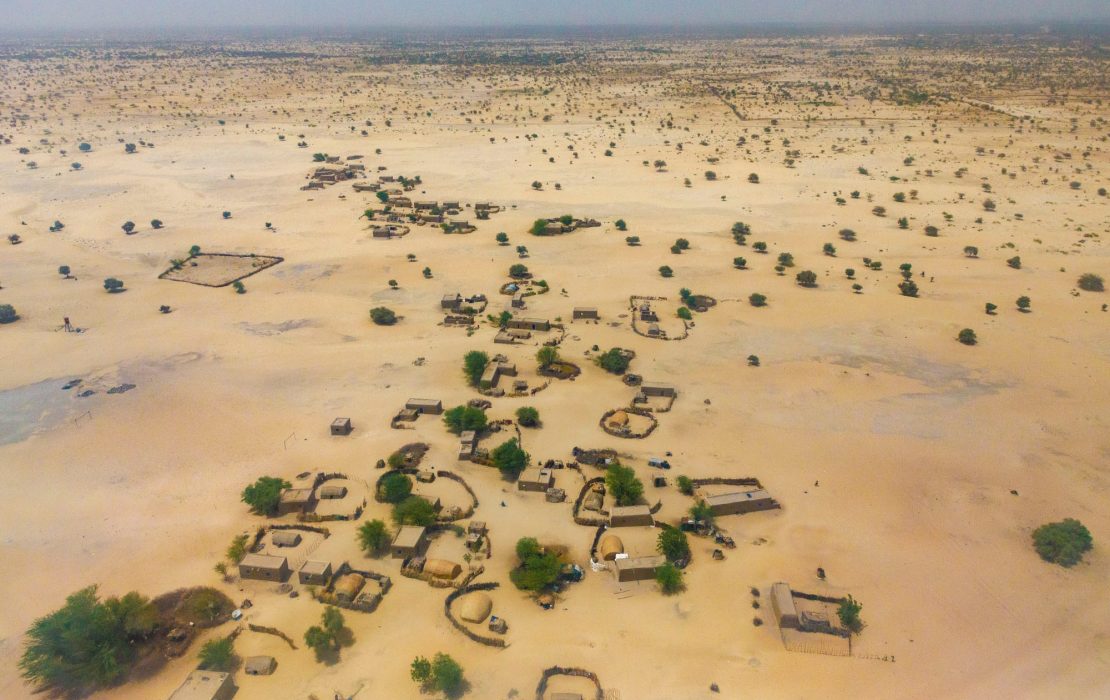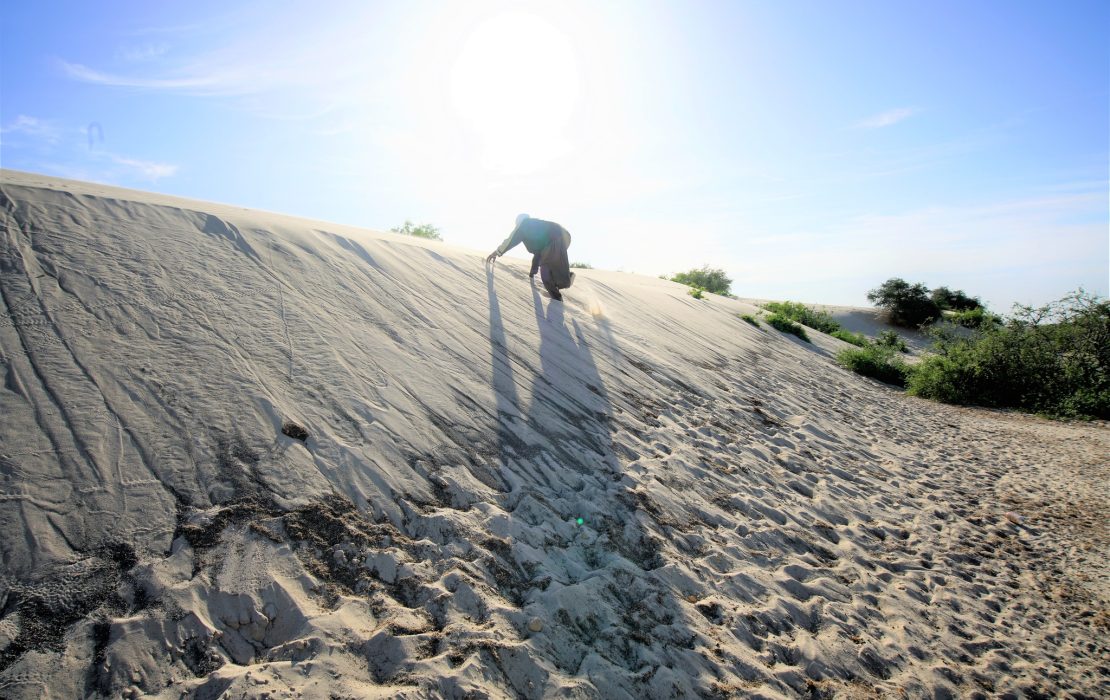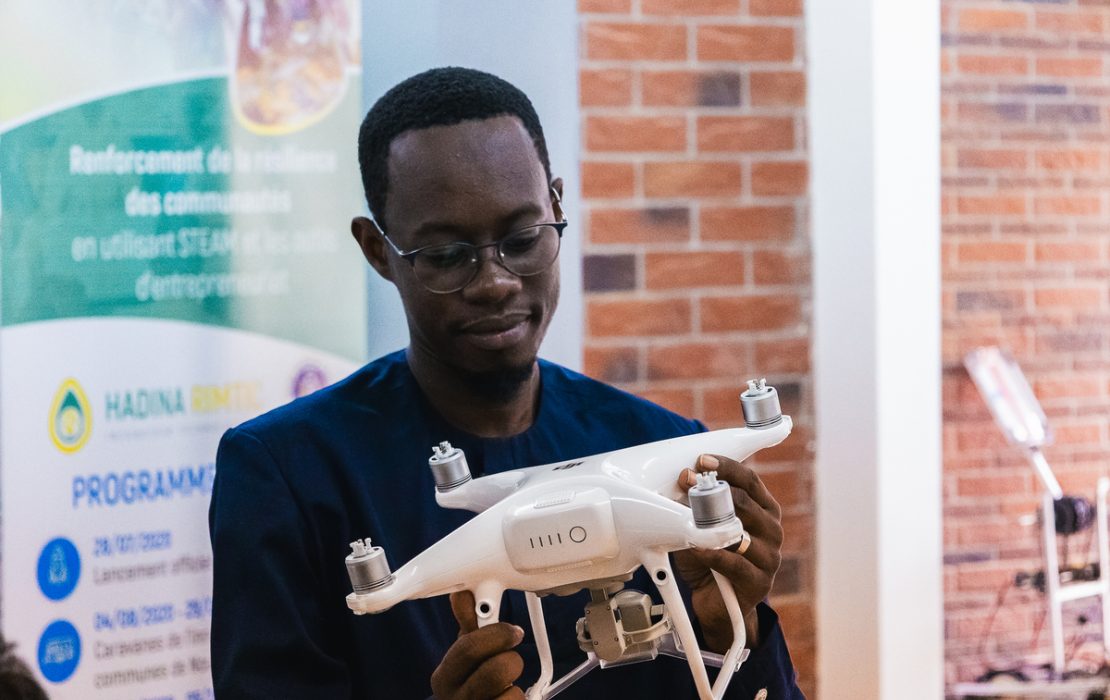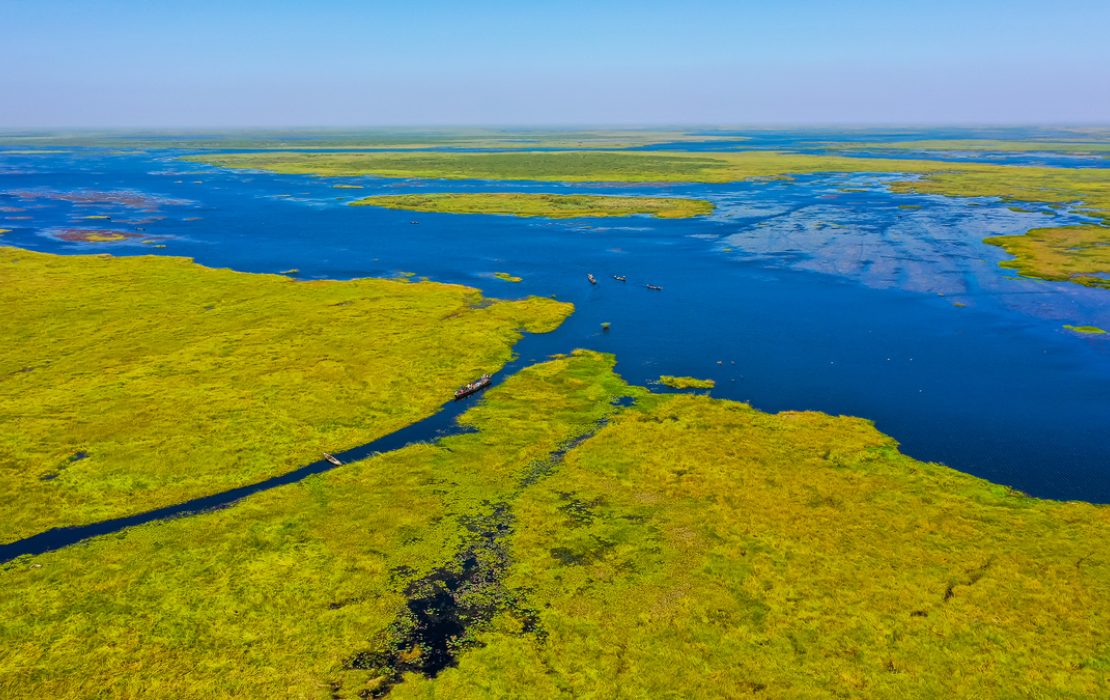
Photo: UNDP Mauritania
As COP29 progresses, African leaders are stressing the urgent need for increased climate finance for Africa, calling for innovative and accessible funding solutions that do not worsen the existing debt burdens of nations across the continent.
This is especially critical in the Sahel region, where countries contribute the least to climate change yet are among the most vulnerable to its impacts. Chad, Mali, Niger and Mauritania rank among the top 12 most at-risk nations, with Burkina Faso listed among the 40 most vulnerable countries globally.
Despite having access to some dedicated climate funds, such as the Least Developed Countries Fund (LDCF), the implementation of Nationally Determined Contributions (NDCs) across the Sahel region remains significantly underfunded. To implement these national climate pledges effectively, increased financial support and stronger partnerships are needed.
This challenge is even more pronounced in areas affected by insecurity. In the Sahel, conflicts not only disrupt local economies and livelihoods, leading to massive population displacements, but also hinder access to climate financing. A study revealed that from 2010 to 2018, conflict-affected and fragile regions in more than half of Sahelian countries received less climate adaptation finance – between US$2 and $13 per person – than the average of $18 for Least Developed Countries.
Mobilizing more public funds to support climate action, and importantly, to leverage and de-risk private capital, remains critical. Private financing presents a significant opportunity to decrease the funding gap and unlock additional resources for countries to implement their NDCs. This aligns with the findings of the first Global Stocktake (GST) on the importance of recognizing and enhancing the role of the private sector in climate action.

Photo: UNDP Mali

Photo: UNDP Chad
But Sahelian countries face significant challenges in attracting private investment as investors often perceive LDCs too risky. Nonetheless, we know that private sector has substantial potential to contribute to countries across the region achieving NDC targets. Here are three insights that can enable new partnerships emerge, drawn from a recent workshop on the private sector's involvement in NDCs in the Sahel organized by UNDP:
1. The private sector can contribute to climate action in multiple ways
To effectively engage the private sector in supporting the implementation of NDCs across the Sahel, it is essential to recognize its diverse characteristics and the various ways it can contribute. The private sector's involvement can occur in many areas:
- Private companies have the capacity to develop and invest in projects that directly align with and contribute to the achievement of NDC targets. Their expertise, innovation and resources can play a pivotal role in driving and scaling sustainable initiatives and narrowing the gap in climate financing.
- Impact investors mobilize funds for projects that not only generate financial returns but also deliver significant social and environmental benefits to local communities. Examples of impact investors already making a difference in West Africa include PANGEA Global Ventures and Gaia Impact.
- Private companies decarbonizing their own production: Mining companies are increasingly adopting greener practices. In South Africa alone, they are set to invest up to $3.8 billion in renewable energy projects, aiming to add a total capacity of 6,500 megawatts in the coming years. This shift not only addresses environmental concerns but also promises substantial long-term cost savings. Additionally, the market for sustainable construction materials, such as green cement, is expanding in Africa. Some of the companies leading the market include Afrisam and CIMPOR Côte d'Ivoire.
2. A dialogue between governments and the private sector is essential
Although the potential for private sector engagement in climate action is substantial, several structural factors impede access to these resources.
One key challenge is that many private sector entities find it challenging to identify viable, bankable projects or do not have projects that meet the eligibility criteria set by climate funds. Furthermore, the domestic private sector in Sahelian countries mainly consists of small- and medium-sized enterprises (SMEs) which often struggle to develop large-scale projects and lack the capacity to manage the substantial investment required for such initiatives. Additionally, a significant portion of economic activity in the Sahel occurs within the informal sector, further complicating engagement.
Another major issue is the limited awareness among private sector entities regarding the investment opportunities available through NDCs. To address this, it is essential to foster an active dialogue between governments and the private sector, including on climate finance investment criteria, risk sharing, developing pipelines of bankable projects and access to capital.

Photo: UNDP WACA

Photo: UNDP WACA
3. International partners can help leverage private finance
International partners like UNDP have a key role to play in supporting Sahelian countries to engage with the private sector to achieve climate goals, including by analyzing and mapping investment opportunities. This year, the UNDP Africa Investment Insights report identified more than 200 investment opportunities for investors and enterprises in 15 African countries, with over half of these opportunities focused on climate-related initiatives.
Under UNDP’s Africa Minigrids Program (AMP) and with its Derisking Renewable Energy Investment (DREI) framework, UNDP is implementing several initiatives to bridge the gap between the public and private sectors. For example, Burkina Faso, Mali and Niger developed analyses and derisking action plans to identify interventions needed to reduce the perceived risks of renewable energy investments.
UNDP and its partners can go even further by providing technical assistance to enhance the private sector's contributions to climate action. Here a few steps that can make a difference:
With the new climate finance goal as a central focus at COP29, we must do all we can to support developing nations secure the resources required for their national climate plans. Achieving the annual goal of $1.3 trillion in climate finance proposed by African leaders will require strong partnerships with the private sector. It’s time to make this goal a reality.
- Assessing and tracking contributions: Documenting the current and potential contributions of private enterprises in the Sahel can help bridge the gap in understanding the extent of their contributions. Monitoring and quantifying companies' contributions to adaptation and resilience efforts can also be facilitated through mechanisms like carbon market registries, such as the one recently launched by Côte d’Ivoire.
- Providing advisory services: A recent workshop organized by UNDP brought together private sector entities and partners to enhance their understanding of the investment potential of NDCs in the Sahel. The workshop also aimed to improve their knowledge of the instruments and opportunities available for accessing climate finance. This initiative generated interest from the African Development Bank (AfDB) and the West African Development Bank (BOAD) as a way to help businesses become investment-ready and secure financing. Additionally, through its Climate Promise, UNDP can allocate funds to develop high-impact, bankable climate projects.
- Collaborating with regional partners: Fostering collaboration with the Climate Commission for the Sahel Region (CCRS), an inter-state organization under the African Union that encompasses 17 countries, can create better synergies, scale efforts and increase ambition. The CCRS already has an investment pipeline and is developing a fund to support the implementation of NDCs.
- Developing champion initiatives: Creating initiatives to showcase the potential of the private sector and inspire other businesses to invest in climate-related projects is a good incentive to improve outreach and mobilize more partners, such as commercial banks and international private companies.
With the new climate finance goal as a central focus at COP29, we must do all we can to support developing nations secure the resources required for their national climate plans. Achieving the annual goal of $1.3 trillion in climate finance proposed by African leaders will require strong partnerships with the private sector. It’s time to make this goal a reality.